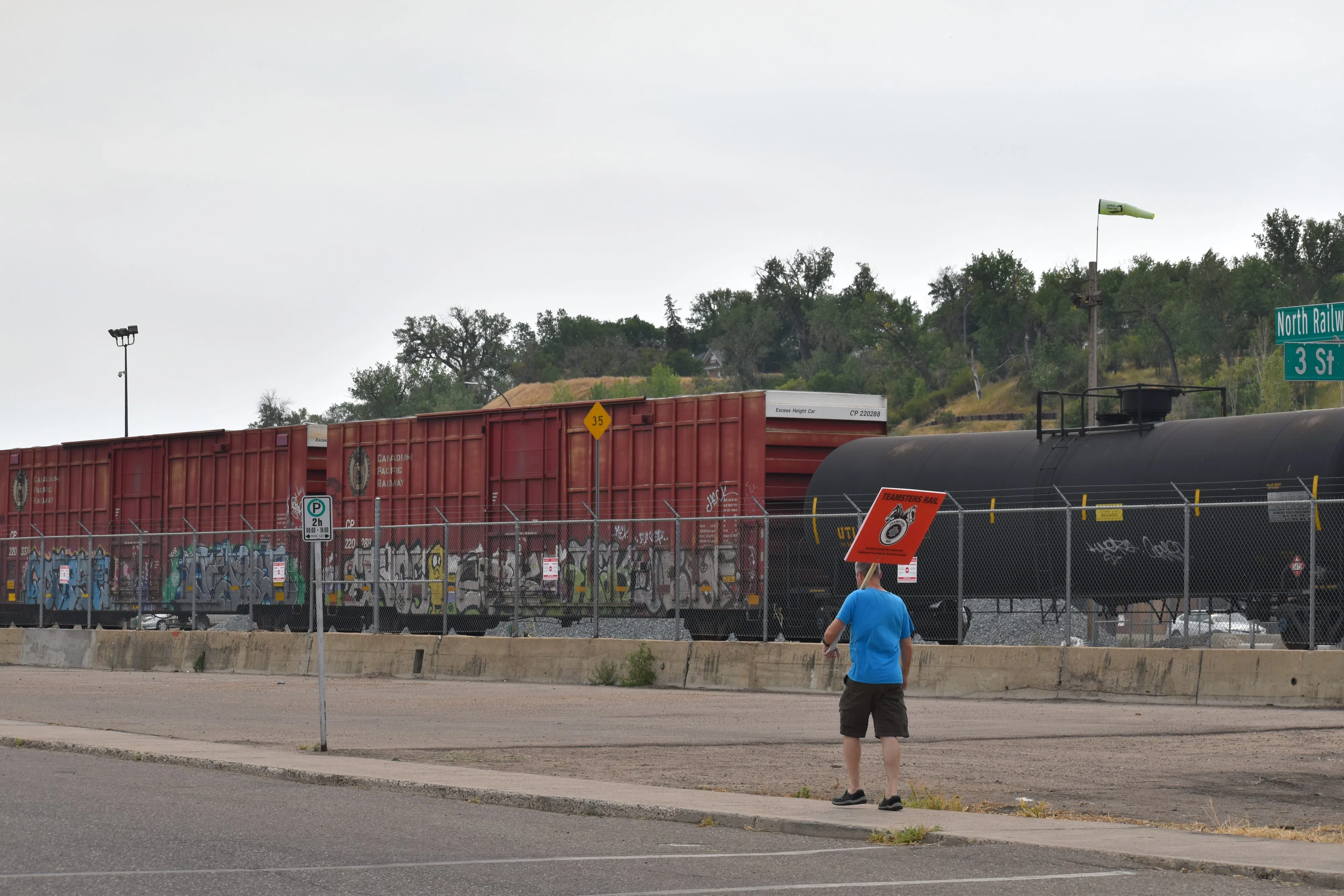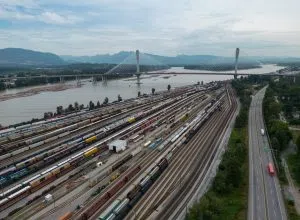
Rail workers union serves CN rail with 72-hour strike notice, CPKC stoppage ongoing
Rail workers pushed back hard Friday against the federal government’s move to get them back on the job, with a new strike notice and a regulatory challenge making it unclear when freight traffic will fully resume.
At Canadian National Railway Co., trains began to move again Friday morning as workers started to trickle back to work — even as the Teamsters union issued a 72-hour strike notice against CN.
And at Canadian Pacific Kansas City Ltd., the union has challenged a directive for binding arbitration issued by Labour Minister Steven MacKinnon to the country’s labour board.
A work stoppage at both national railways prompted MacKinnon to ask the Canada Industrial Relations Board on Thursday to use the mechanism, aimed at resolving an impasse that has halted freight shipments and snarled commuter lines across the country.


